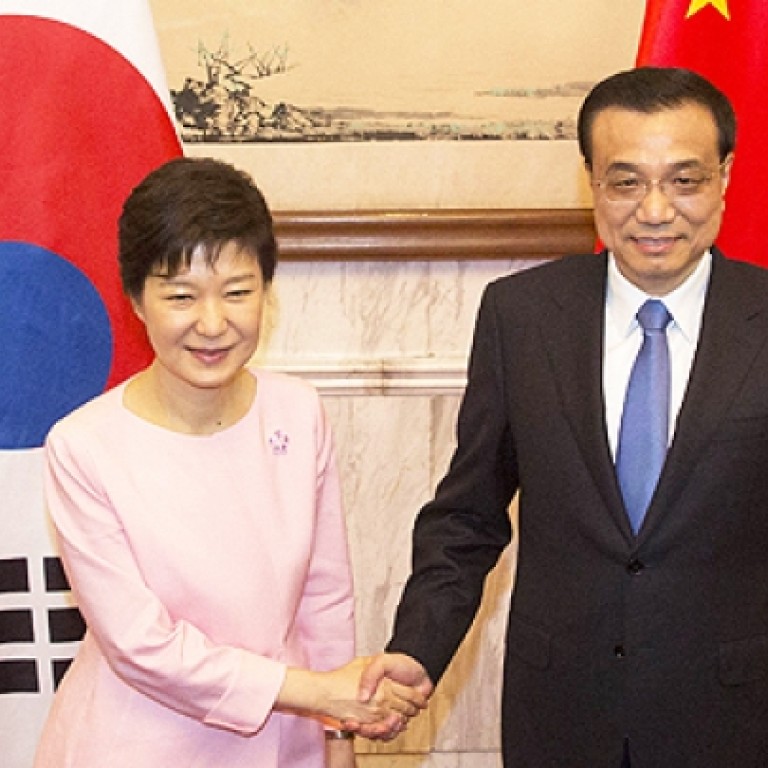
Chinese soldiers' remains may be returned from South Korea
The remains of hundreds of Chinese soldiers killed in the Korean war may finally return home, 60 years after an armistice ended the fighting.
On a visit to China last week, South Korean President Park Geun-hye offered to send back the remains of about 360 Chinese solders buried in a cemetery outside the city of Paju, a friendly gesture highlighting warming ties between the former combatants.
“Families in China must be waiting for their return,” Park told Chinese Vice Premier Liu Yandong, according to a statement from Park’s office.
Liu promised to pass the message to China’s top leaders, though it’s unclear whether Beijing will accept the offer. Foreign Ministry spokeswoman Hua Chunying said on Wednesday that she didn’t know where China stood on the offer, but added that the issue should be “resolved on the basis of humanitarianism”.
The bodies are buried on a quiet hillside just south of the heavily guarded border with North Korea. Most of the Chinese dead have never been identified. Several hundred North Korean soldiers are also buried at the site because Pyongyang refuses to take back the bodies.
While China remains North Korea’s only real ally, it has also established close ties with the South since the two normalised diplomatic relations in 1992. China has overtaken the US as South Korea’s biggest trading partner, with two-way commerce between the two hitting US$215 billion last year.
Beijing has never given a precise number for its Korean war dead because it claims Chinese troops had all volunteered to defend a communist ally from what was portrayed as US aggression. However, estimates of Chinese war dead run as high as 900,000, the bulk of them killed in the final year of the war, when the US and its allies unleashed overwhelming firepower to force an end to the conflict.
With its hundreds of fading white wooden grave markers surrounded by forest and rice paddies, the cemetery has become a popular stop for Chinese tourists visiting Paju, according to Kim Dong-hun, the head of a local group responsible for maintaining the cemetery.
Despite the potential loss of Chinese visitors, Kim said he was “very positive” about Park’s offer. Sorting and repatriating the bodies would likely take some time, and new Chinese and North Korean remains continue to turn up, he said.
The news of Park’s offer has reached Qin Furong, a 64-year-old retired bank employee in the northern city of Jinan, whose father, Qin Changyu, died during a battle along the North-South border and whose remains have never been found.
While there’s a chance he’s buried in Paju’s cemetery, Qin wasn’t getting her hopes too high.
“If his remains can be identified and returned to his hometown, it would bring solace to my mind,” Qin said. “But the problem is that we are not certain if his body is there. It’s a cemetery of nameless soldiers.”
Unless remains can be identified, they may as well remain in South Korea, Qin said.
“The South Koreans take good care of the cemetery,” she said. “I will have no objection if the remains stay there.”
